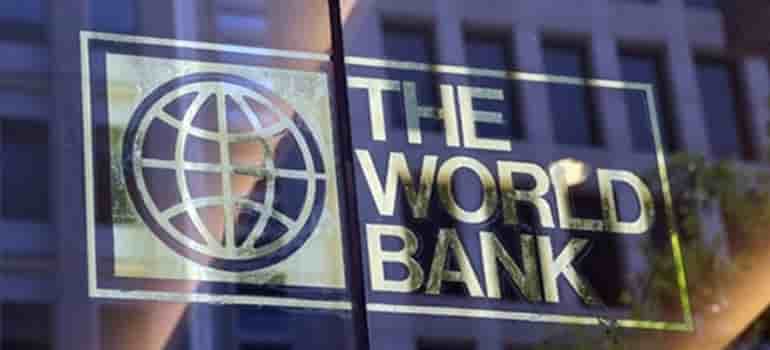World Bank Announces Bold New Goal to Combat Climate Change and Poverty
At a critical juncture in the fight against poverty and climate change, the World Bank unveiled an ambitious new mission and vision: to create a world free of poverty on a livable planet.
“We do not suffer from a shortage of solutions,” declared World Bank President David Malpass
in a powerful address. “We are paralyzed by a persistent lack of courage to pursue them.”
Recognizing the urgency of the moment, the World Bank announced a significant increase in its climate financing commitment. By 2025, the institution aims to dedicate 45% of its annual
financing to climate action, exceeding its previous target of 35%.
This translates to over $40 billion annually – a $9 billion increase from the original goal.
Importantly, the World Bank is ensuring that resources are distributed equally between climate mitigation and adaptation efforts, recognizing the diverse impacts of climate change on different regions.
Responding to the vulnerability of island nations like those in the Caribbean, the World Bank announced a strengthened crisis toolkit:
● Broadened Climate Resilient Debt Clauses: These clauses will cover all existing loans
for the most vulnerable countries, providing essential financial relief during disasters.
● Moratorium on Principal and Interest Payments: During crisis periods, the World Bank
will offer vulnerable countries a pause on both principal and interest payments, allowing
them to focus on recovery efforts.
● Fee Coverage: Concessional resources will be used to cover fees associated with these
measures, ensuring that no additional burden is placed on struggling nations.
The World Bank further emphasized its commitment to:
● Slashing methane emissions: A detailed blueprint for reducing methane emissions will
be released in the coming days.
● High-integrity carbon markets: A roadmap for establishing robust and transparent
carbon markets will be announced.
● Private sector engagement: The World Bank’s Private Sector Investment Lab will be
expanded to leverage private capital for climate action.
● Multilateral collaboration: The World Bank will work closely with other multilateral
development banks to amplify their collective impact.
President Malpass concluded his address by emphasizing the importance of action: “Our
journey may be fueled by hope, but it will be realized by deeds.”


